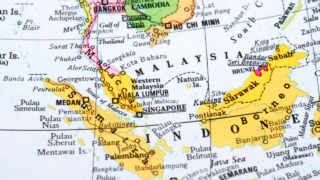MANILA, Philippines–The European business community has expressed concern over the potential impact of proposed tax reforms and the fiscal incentive rationalization scheme on the attractiveness of the Philippines as an investment destination.
“The business community remains guarded with respect to the Tax Incentives Management and Transparency Act (Timta) and fiscal rationalization bill. We were concerned about these and some clarifications have been given to us. But we have yet to see the final version of the bills,” European Chamber of Commerce of the Philippines Inc. (ECCP) president Michael K. Raeuber said in a briefing yesterday.
House Bill 2942 or Timta provides for the creation of a tax expenditure account, from which tax incentives granted by investment promotion agencies will come.
The Joint Foreign Chambers and the Department of Trade and Industry earlier slammed such a provision, stressing that this move will not only add to the burden of prospective foreign firms, but will also significantly hurt the country’s attractiveness and competitiveness.
Also, in an earlier position paper, the DTI pointed out that subjecting incentives to annual appropriations may lead to possible legal challenges and create instability and unpredictability in the investment environment.
It will likewise “hamper the exercise and operations of the incentive administration mandated of the investment promotions agencies, in view of the rigid government budgetary processes in the passage of the appropriation law as well as the actual implementation of this system.”
The proposed fiscal rationalization scheme, meanwhile, says that enterprises registered with the Board of Investments will be entitled to a 15-percent income tax for 15 years.
Peza locators will, meanwhile, be entitled to an income tax holiday for only four years, after which they will decide whether they want a 5-percent tax on gross income earned (GIE) in lieu of all national and local taxes or a 15-percent income tax for 15 years.



